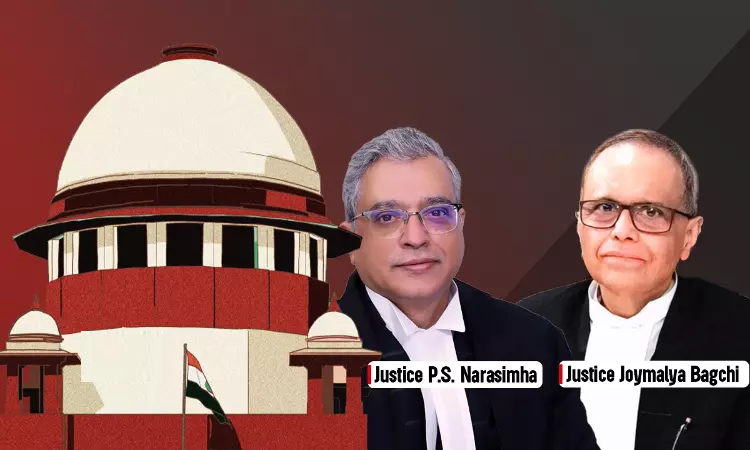Pension is a constitutional right, it cannot be reduced without due process: Supreme Court

b
The Supreme Court has granted relief to a former employee of Central Bank of India whose pension was reduced by one-third without consulting the Board of Directors. The contention was that the pension was mandatory under the Central Bank of India (Employees) Pension Regulations, 1995 (“Regulations”). The Court reiterated that pension is an employee’s right to property, which is a constitutional right, which cannot be denied without authority of law, even if an employee is compulsorily retired on account of misconduct.
As Regulation 33 of the Bank clearly stated that no reduction in pension shall be made without prior consultation with the Board of Directors, the Court held that the Bank’s action in reducing the appellant’s pension by one-third was arbitrary and unreasonable. “There is no doubt that pension is not a discretion of the employer but a valuable right of property. It can be denied only by way of legal authority. When any authority is vested with the discretion to grant a pension less than the full pension admissible under the Pension Regulations, all procedural safeguards including prior consultation in favour of the employee must be strictly observed,” the court said.
“A plain reading of Regulation 33 reveals that grant of pension less than the full pension must be done with prior consultation with the Board of Directors. Such prior consultation with the highest authority of the Bank, i.e., the Board of Directors must be understood as a valuable mandatory safeguard before curtailing the constitutional right of an employee to pension. In these circumstances, ex post facto approval cannot be substituted for prior consultation with the Board before taking a decision,” the court further said.
A division bench of Justices PS Narasimha and Joymalya Bagchi heard a case involving an appellant who was found guilty of sanctioning 12 housing and mortgage loans in violation of procedural norms, causing a potential loss of ₹3.26 crore to the bank. The departmental inquiry initiated under Regulation 20(3)(iii) of the Central Bank of India Officers’ Employees’ Service Regulations continued even after his retirement. He was compulsorily retired from the date of his retirement (30.11.2014). The bank then ordered a reduction of one-third of his pension through the appellate authority without consulting the board of directors. The Patna High Court upheld this action, following which the appellant approached the Supreme Court. Setting aside the High Court’s decision, Justice Bagchi’s judgment interpreted clauses (1) and (2) of Regulation 33, stating that although clause 1 empowers the higher authority to grant a pension “not less than two-thirds” of the full pension, if any competent authority (disciplinary, appellate, or revisional authority) intends to grant a pension less than the full pension, it must first consult the Board of Directors in accordance with clause 2. Accordingly, the appeal was allowed and the High Court order and the Bank’s pension reduction order were set aside. The Court directed the Bank to reconsider the matter within two months, giving the appellant an opportunity of being heard and obtaining prior approval of the Board of Directors.




